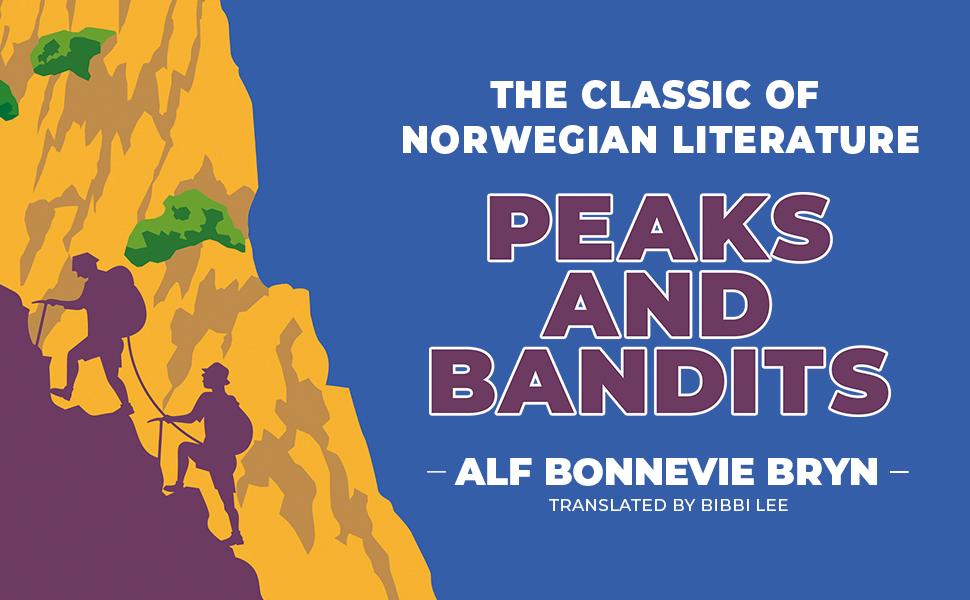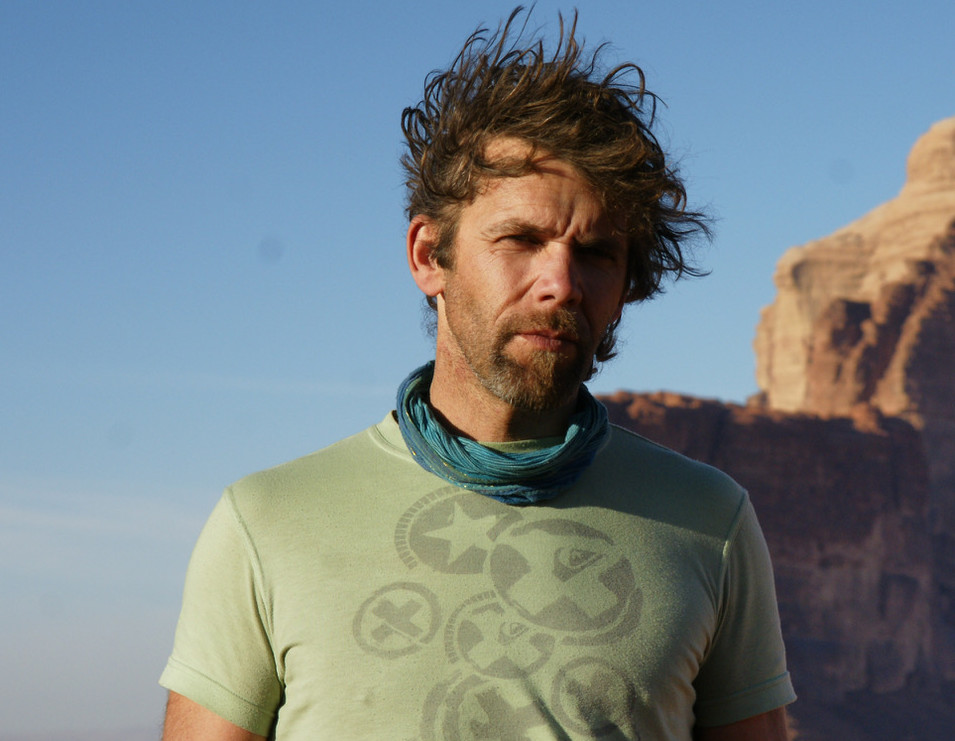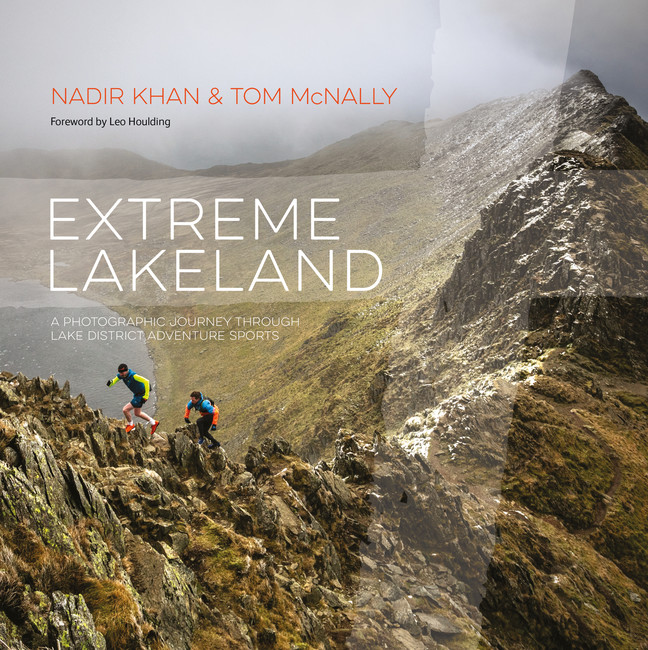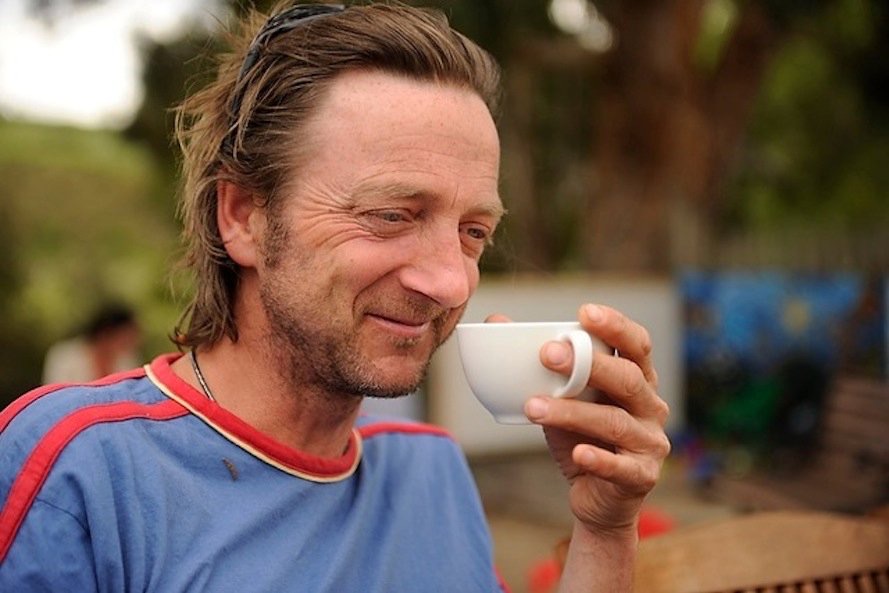In 1909, while dreaming of the Himalaya, Norwegian mountaineer Alf Bonnevie Bryn and a fellow young climber, the Australian George Ingle Finch, set their sights on Corsica to build their experience. The events of this memorable trip form the basis of Bryn’s acclaimed book Tinder og banditter – ‘Peaks and Bandits’, with their boisterous exploits delighting Norwegian readers for generations. Newly translated by Bibbi Lee, this classic of Norwegian literature is available for the first time in English from Vertebrate Publishing, here's a review from Pete Edwards...
I must admit, I was sceptical about reading Peaks and Bandits, knowing little about it in advance. I’ve long since called time on my career as a mountaineer and while I’ve read my fair share of classic mountaineering literature, wasn’t sure how much I’d enjoy another after such a long time. Back in 2012, I even wrote a piece for Climb magazine entitled 'How to Write a Mountaineering Novel' (a copy of which is available here) where I somewhat scornfully belittled the practice of combining literature and mountaineering.
It took three pages to captivate me.
After all, this is not your typical classic mountaineering novel. I don’t remember Joe Simpson or Heinreich Harrer regaling us with a story of attempted murder as revenge for infidelity right at the very start. Yet, this is exactly the tone that Alf Bonnevie Bryn strikes right from the word go.
If Peaks and Bandits were written now, it would likely take the form of a blog, written in the past tense, detailing a holiday-style expedition that many of us have had. There are many parallels with modern travel, too; a perfect example being when Bryn ponders transporting his boots. His solution is to wear them on his travels, so he only need lift one at a time, the other being on the floor. Compare that to the modern mountaineer wearing B3 boots on the plane to save luggage space and it’s clear to see that the problems Bryn faced are the same as today, merely with the details changed.
It is worth remembering that this is not a modern day story, it is set at the turn of the 20th Century, without the mass competition any such writing these days would face and without millions of similar stories happening around the same time. Indeed, that is part of the charm of this story: there weren’t exactly many people doing what these climbers were doing at that time. What is particularly interesting is that the language used is not what one would expect of a story told about a trip in 1909; it is far more readable than reading Oscar Wilde or Mark Twain. Even by the standards of 1943, when the tail was committed to paper, there is a fresh and enjoyable feel to the way this book reads. This may or may not stem from the translation from the author’s native Norwegian but serves to create a text that is very accessible and very readable.
As a traveller myself, the book certainly strikes a chord. The first few chapters, detailing the spawning of their adventure and the logistical challenges they faced, were immediately very relatable to my own experiences of trips during the 2010s; backwater makeshift and budget adventures, often to places less documented than was common at the time. You certainly get the sense of semi-competent individuals, pushing themselves and, in a way, winging it on the fly; maybe not to success necessarily but to great experience and, more importantly for this book, a great story.
After a brief – and thoroughly well-told – history of Corsica comes the main bulk of the book, detailing the climbers’ various ascents, interspersed with amusing anecdotes of their escapades. Semi-competent shifts to fully fledged mountaineers, while the whimsical parts in between maintain an air of not taking themselves too seriously. It all feels very relatable, with mishaps and excitement mixed in with the kind of climbing description one would expect of a mountaineering book. However for the hardcore mountaineering reader, Peaks and Bandits is better viewed as a cross between travel writing and mountaineering literature; a kind of Bryson meets Bonatti as it were. While ascents of several mountains are described in reasonable detail, that doesn’t seem to be the point of the book and in many ways, again, this seems reflective of the types of trips that many of us have. The climb and the summit are only a part of the experience of a trip and Bonnevie Bryn – told through the excellent translation by Bibbi Lee that really does read as if the book was written in English in the first place – seems intent on reliving the whole experience, rather than the Peaks on their own. The book is surely richer for it.
The stories of completing their various peaks are certainly inspiring; a fantastic advert for Corsica in of themselves. In much the same way, the concluding section about the Corsican banditos assuages many of the modern rumours that Corsica is run by the mafia. Granted, Peaks and Bandits was still written nearly 80 years ago and much may have changed but Bonnevie Bryn goes some way to explain many of the misconceptions of life on this Mediterranean island, leaving me to feel that perhaps the modern rumours are exaggerated too. He may well have just talked me in to a trip there at some point.
It may seem like an odd compliment but it is a nice tidy little book; hardback but small and compact, nice and easy to both stick in your pocket or to read a few pages at a time but that sums up Peaks and Bandits. It’s a very accessible read, one that keeps you coming back for more time and again, without dragging at any point by getting bogged down in too much detail. Yes, it is a version of what would now be a blog but it is a significant, historical account and one that is a much easier read than many of its contemporaries. You can certainly see why it is a classic of Norwegian literature.
While it may not be quite the cup of tea of readers of in depth and technical mountaineering novels, Peaks and Bandits is definitely a must read and serves to remind us that as much as we strive to climb harder and to explore, that deep at the heart of it all remains the desire to have fun. And in the best possible way, this book is 100 pages of hearty fun.
Peaks And Bandits is available to purchase from Vertebrate Publishing
Pete runs Prowess Coaching, a climbing coaching company based in North Wales, and the blog 'Chez de la Bloc' To find out more information, visit the website or Instagram.












